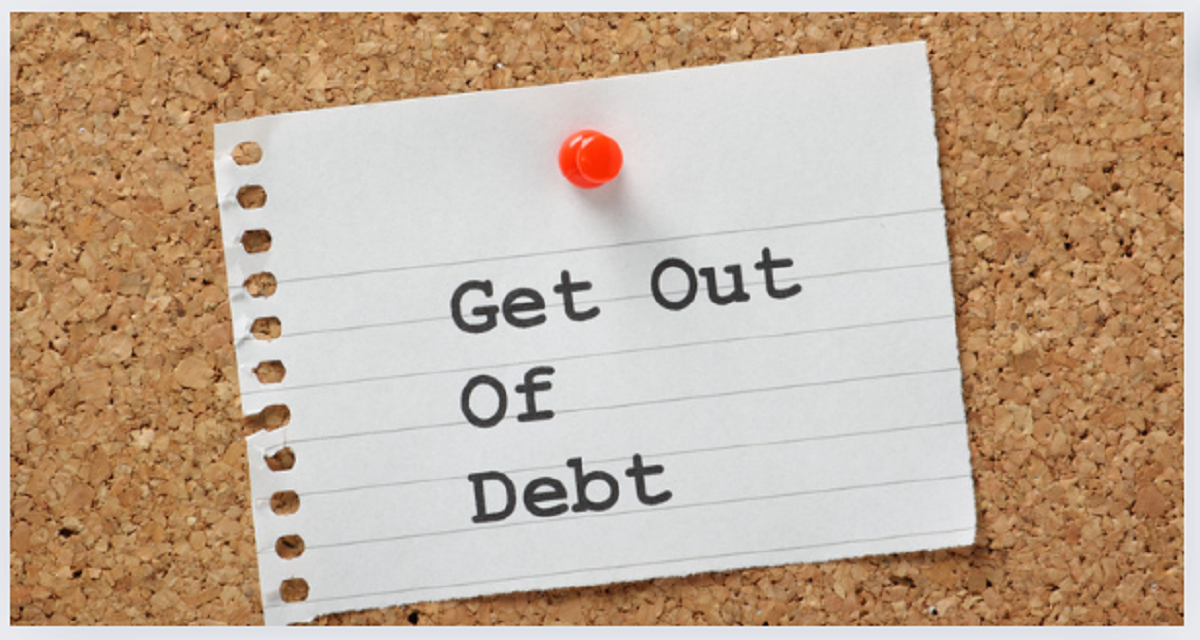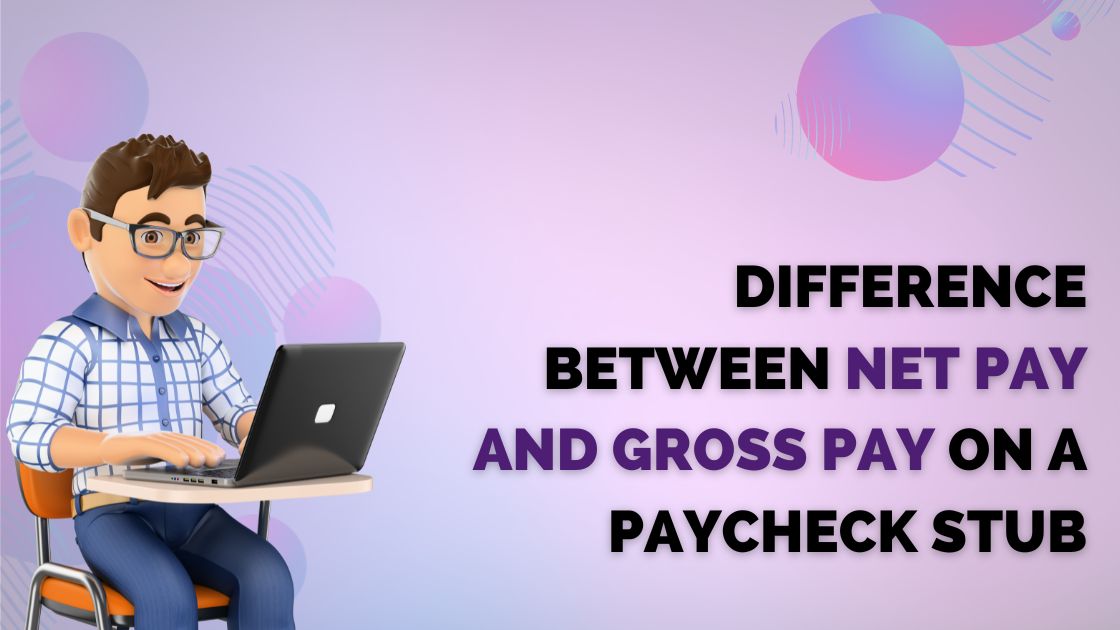Everyone wants to lead a desired lifestyle. It could be purchasing a car, renovating a home, or buying one. It helps them rise above the level and ensure comfort. However, individuals seek loans to rationalise such goals. Budgeting and saving enough to meet goals is impossible. Loans provide the flexibility to bridge and win over dreams without saving.
However, every loan has a repayment term. You must clear the loan by then. Falling on payments or entering arrears affects finances. The debt enters default, and lenders report it to the court. It is when you fail to clear it within the additional timeline.
Thus, individuals fear losing homes and assets to clear the dues. Indeed, losing your residential property is concerning. It risks your financials and survival. If you can relate, read ahead. The blog lists tips to settle debt without losing your home.
Before reading the tips, let’s understand the debt types that may affect home ownership.
Which debts may make you lose your home?
Yes, certain debts may affect your home ownership. These are mostly secured loans backed by collateral. Unsecured debt creditors chase the individual for payments. However, they can never tap the assets or holdings to claim the share. Nevertheless, some debts may make you lose it. These are:
1) Mortgage arrears
A mortgage is a loan that one takes to purchase a home. It is secured against a property that you own. It is a long-term loan that one pays over in instalments. Generally, one can choose from fixed and variable interest rates. The fixed rates have the same repayments.
It remains unaffected by economic variations. However, falling behind on payments may be concerning. It may enter default. The creditor shares the complete right to claim the property. If you put up your very home as a mortgage, you may lose it.
2) Rent arrears
Rent arrears work just like mortgages. However, instead of dealing with a lender, you pay a landlord. You generally pay him monthly or quarterly, according to the agreement. Renters share few rights over the property. Falling into arrears may make you lose the rented property. The landlord may evict you. However, it may not be your home, but eviction affects your lifestyle.
3) Secured loan debt
A secured loan is any loan that is against the property. For example, you sell your home equity as a loan to finance some medical costs. If you cannot repay, you may lose that property share. It automatically reduces the equity and the home’s value.
5 tips to pay off dues without losing home ownership
If you share one of these debts in your profile, read ahead. Paying such loans is essential to protect your home from repossession. Analyse your debts and calculate the total amount. Check how much you hold in savings. It will help you understand the debts you can pay. Begin by settling the debts that may affect your home ownership. Here are some ways to do it:
1. Refinance debs to better interest rates
If beginning with the secured debt, consider the best refinancing quotes. It may prove helpful if the interest rates fall. It is when the economy performs better, and the loan gets affordable. You can leverage the opportunity to get a new agreement. It is a fresh one with new interest rates and terms. However, it is not ideal for debts nearing the end of the period. Consider if you have yet to continue payments for over a year or more.
2. Consolidate with personal loans
A personal loan is an unsecured financial facility. It helps improve your financials and credit score. Individuals with too many debts have low credit scores. However, with a long-term unsecured loan, you can build one. Moreover, you can repay all your debts by consolidating. Yes, these loans help you with merging debts.
Explore cheap personal loans and grab the most affordable one. Analyse APR, interest rates, and additional costs. It will help you finance and pay the dues in one go. You can consolidate secured and unsecured debt. However, choose the one that does not affect credit history. At the same time, it should protect your home. For example- you can consolidate a home renovation loan with other debts like- credit cards.
3. Individual Voluntary Arrangement (IVA)
It is commonly known as IVA. It consolidates all your debts into one monthly payment. It writes off the debt debts that you cannot pay. This is the major difference between a debt consolidation loan and IVA. The experts analyse your repayment capability.
They analyse your assets and other things to conclude affordability. Accordingly, they create a payment arrangement. It could be ideal for individuals with multiple debts but limited financials. It may prevent you from losing your home.
4. Negotiate dues with creditors
Meet every creditor that you owe. Analyse the chances of reducing the liabilities. You would need a clear understanding of your financials. Have proof of your income and financial slowdown. It narrates the difficulty leading to non-repayment. Some creditors may understand. They may help you with a new schedule to pay the dues.
Alternatively, a few may waive the penalties or some interest to make it affordable. Eventually, the low payments reduce overall liability to pay. You can then plan the payments accordingly. Search for the best ways to boost income. Check part-time income or increased pay to support your payments.
5. File for bankruptcy
It is the last resort to settle debts. One should not tap it before considering the implications. If you have outstanding debts and can’t pay them anyway, declare one. However, it may become challenging to protect your home then. Bankruptcy requires you to list all the assets you own. It includes your home, too.
The creditors take their dues by claiming your assets and belongings. Moreover, you must pay a fee to write off all your debts with the asset. Filing for bankruptcy means losing all your assets, including your home. Thus, decide and discuss your situation with experts.
Bottom line
These are some ways to get out of debt without losing your home. Identify the best one according to your situation. Individuals deep in debt can consider IVA solutions. It helps you write off some debts and clear the rest. Make a list of the secured loans. It is the one that may make you lose your home. Thus, clear these first. Discuss the situation with creditors. They may suggest you an affordable repayment schedule.




핀란드는 2019년 기준 보급된 4661대의 전기차중 1대·하이브 리드 제외)에서 화재가 발생했다
오피스텔, 아파트는 물론 상가, 병원 등에서 전기차 입차를 거부당 하거나 충전 시설을 이용하지 못해 헛걸음하는 차주도 있다
E클래스는 지난달 수 입차 중 가장 많이 팔린 모델로 집계됐다